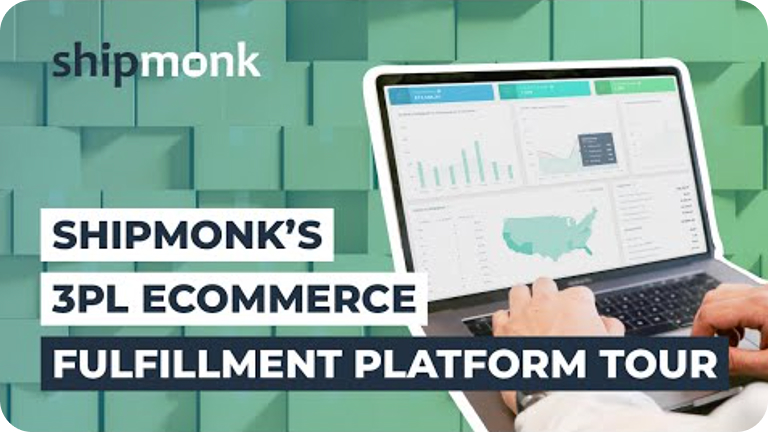If you’ve been keeping up with eCommerce (and we’re guessing you have), then you probably know that subscription boxes and services are all the rage. From never having to worry about buying razors again to receiving cute pet accessories every month, it’s clear that subscription-based eCommerce has a plethora of pros for savvy online shoppers.
But, as a business owner, how can you tell if subscriptionmania is right for you? After all, “traditional” eCommerce is as tried-and-true as it comes. If you’ve been wondering what your choices are and where to tread next, you’ve come to the right place!
The Subscription Business Model
Before we get into subscription boxes and services as they relate to all things eCommerce, it’s useful to touch on the general schema they follow. The subscription business model, or SBM for short, refers to a form of commerce where customers have to make repeating purchases in order to access a product or service.
Sound familiar? It should! While subscription boxes and services boomed in popularity within the last decade, we’ve actually been subscribing (pun intended!) to the SBM since the 17th century, when authors and publishers were looking for ways to peddle their books and periodicals. 400 years later, and this strategy is still going strong.
Put simply, the subscription business model has prevailed because it works. Not all products or services are created equally, so while buying a TV is a one-and-done deal for the average Joe, there are certain items and niches that benefit tremendously from some extra, regularly scheduled lovin’. And, aside from its relative suitability, the SMB is ideal for fostering loyalty and long-term customer relationships.
Subscription Boxes vs. Subscription Services
In the realm of eCommerce, there are two forms of the subscription business model that reign supreme — subscription boxes and subscription services. Technically, subscription boxes are also subscription services, but subscription services are not always subscription boxes. It probably sounds more confusing than it really is, so let’s break it down with some examples!
Subscription Boxes
Subscription boxes are curated assortments of niche products that are delivered on a recurring basis — think Birchbox and Bark Box, as well as meal kits like HelloFresh and Blue Apron. Basically, if you have a specific interest, chances are that there’s a subscription box out there for you.
Subscription Services
Subscription services are a tad more general than subscription boxes, extending to both products, like household essentials, and services, like Netflix and Spotify. It’s highly likely that, at this very moment, you’re either subscribed to or have subscribed to such a service.
All in all, subscription boxes and services have more similarities than differences, especially where pricing is concerned. Aside from the joys of receiving a customized package full of your favorite goodies, subscription boxes frequently include samples or even full-size products that would be significantly more expensive if they were bought the “standard” way.
Comparably, subscription services like Amazon’s Subscribe & Save promise discounts to shoppers who commit to cyclical purchases for a wide variety of items, ranging from health supplements to personal grooming and beyond.
What’s Right for My Business?
The moment of truth is finally here! You’re way too smart for us to tell you what to do or where to go, but we’d be more than happy to leave you with some key considerations.
First, try to assess the current state of your business. If it’s already kickin’, would it make sense to implement a subscription model of any kind? If you haven’t launched yet, are you ready to drive down the subscription route? (Not sure? Check out our articles on what to do before and after launching your subscription-based business.)
On the whole, the products that pair best with the SMB are novelty items that, by nature, have some sort of “expiration” date, like toothbrushes or shaving accessories. Furniture, for instance, is made to last a long time, so it wouldn’t really make sense to sign up to receive a new couch every month, unless you’re really into couches.
Now, if your niche is not necessarily subscription-friendly, there are workarounds — let’s go back to the furniture example. In this case, instead of centering the subscription around actual furniture, you could try accessories, like small pillows or knickknacks. Or, you could expand your catalog to include functional items like upholstery cleaners, and introduce a “buy and save” option similar to Amazon’s.
Second, it’s absolutely vital to consider the functional capabilities of your current fulfillment setup. Aside from the effort of prepping, kitting, and bundling items, there are time constraints in subscription-based eCommerce that require a huge amount of organization and coordination. If you’re planning for the long haul, outsourcing your order fulfillment becomes even more of a focal point.
So, to summarize, here are the questions you should be asking yourself:
- Do I have the right audience or products for the SMB to make sense?
- Can my supply chain, ranging from manufacturing to fulfillment, handle the requirements of cyclical eCommerce orders?
Got it? Good! There’s no doubt that the subscription business model will be around for a long time, and, even if it’s not for everyone, it could very well be for you! We hope our brief but mighty introduction has given you some firm footing for your next steps.
Liked what you read? We liked writing it! Just subscribe to our blog newsletter for more. 🙂





